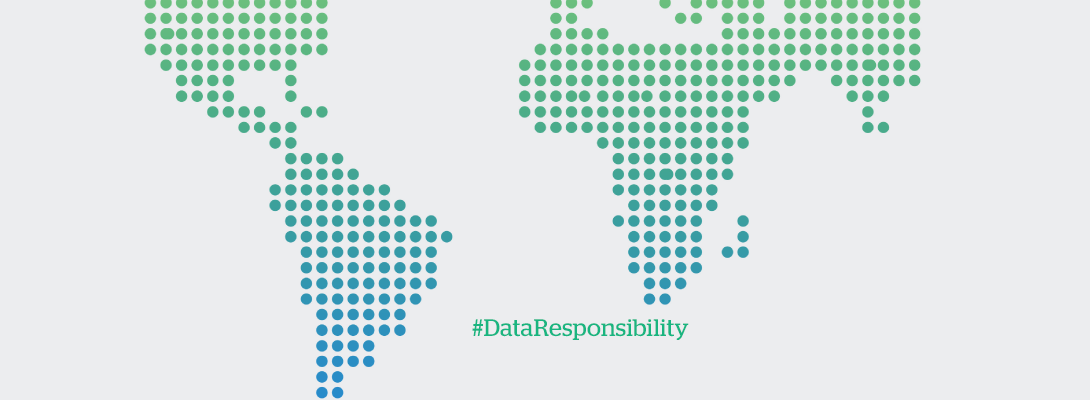Share
In March 2020, the Inter-Agency Standing Committee (IASC) Sub-Group on Data Responsibility conducted an online survey to better understand priority areas for guidance on the safe, ethical, and effective management of data in humanitarian action. The survey was conducted to inform joint, system-wide operational guidance on data responsibility which will be published later this year.

An analysis of the survey findings can be found in the slides below. Here are a few takeaways:
- 396 people completed the survey from 78 countries.
- The greatest response rate came from staff of international non-governmental organizations (44.9%) and United Nations entities (42.4%).
- While the largest group of respondents (48.2%) came from headquarters locations, staff from field office locations were well represented (46.4%).
- There was even representation between staff in technical and non-technical roles.
- Respondents identified data confidentiality, data security, and do no harm as the three most important principles for data responsibility in humanitarian action.
- Respondents selected data protection; data ethics; assessing risks, harms, and benefits; and data sharing as the most important themes that the guidance should address.
- The majority of respondents said that the guidance should offer recommendations for actions at both the cluster/sector and organization level (whereas a single data management exercise was less of a priority).
- Many respondents noted the importance of multi-stakeholder approaches and collective action on data responsibility, and noted that the guidance should complement other inter-agency initiatives already underway.
Next Steps
The survey results will serve as a key input to the development of the joint, system-wide operational guidance on data responsibility over the next several months. They will be complemented by findings from a recent literature review that the Sub-Group conducted in collaboration with the Technical University of Delft (available here).
The initial draft of the guidance will soon be circulated for feedback with IASC members, standing invitees, and other interested humanitarian actors at headquarters and the field. The Sub-Group will offer additional opportunities for public consultation and feedback as part of the drafting and revision process.
Background on the IASC Sub-Group
The IASC Sub-Group on Data Responsibility was initiated in January 2020. It is co-led by the OCHA Centre for Humanitarian Data, the International Organization for Migration (IOM), and the United Nations High Commissioner for Refugees (UNHCR), and comprises twenty member organisations representing stakeholders from across the humanitarian system. The primary objective of the Sub-Group is to develop joint, system-wide operational guidance on data responsibility in humanitarian action for endorsement by the IASC in late 2020. Once endorsed, this guidance will serve as a benchmark for key actions and accountabilities vis-a-vis data responsibility at the response level.
For more on data responsibility in humanitarian action, visit the Centre’s Data Responsibility page.